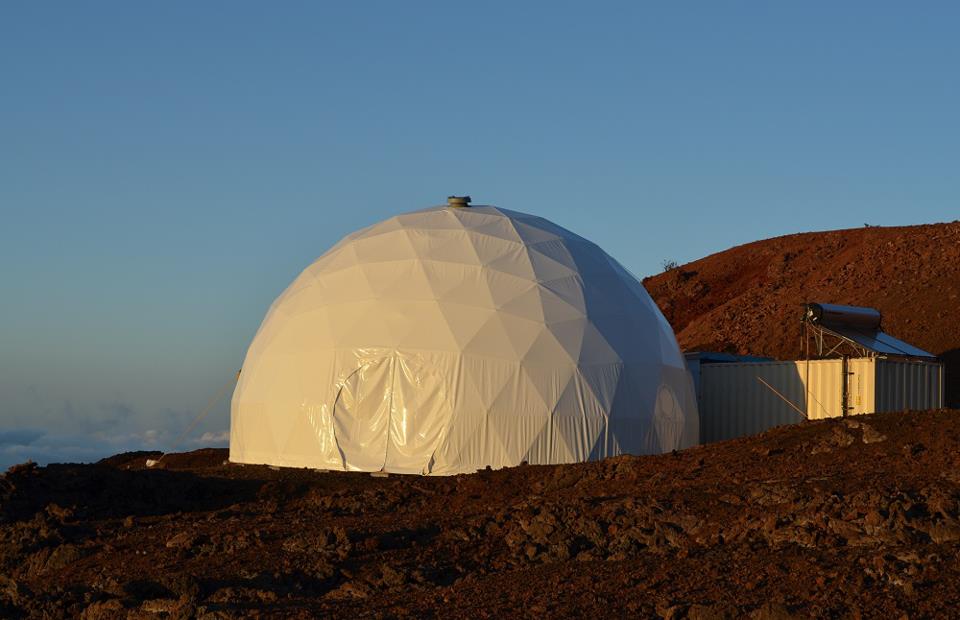Mars simulation on Hawaiian mountain ends after a year


A free daily email with the biggest news stories of the day – and the best features from TheWeek.com
You are now subscribed
Your newsletter sign-up was successful
Most people visit Hawaii to lounge on the beach, soak up the sun, and bask in the beauty of the islands. A group of six researchers, however, voluntarily spent the last year living with limited resources on top of a Hawaiian mountain in near isolation inside a Mars simulation.
The group consisted of a French astrobiologist, a German physicist, and four Americans: a pilot, a journalist, a soil scientist, and an architect. Experts estimate a human mission to Mars could take one to three years, and the study, funded by NASA and run by the University of Hawaii, focused on the toll a long space exploration would take on a person. For comparison, the typical International Space Station mission only lasts about six months.
Each volunteer had a small room with a cot and desk, and ate such bare-bones food products as powdered cheese and canned tuna. Kim Binstead, principal investigator for the Hawaii Space Exploration Analog and Simulation, told BBC News that the researchers are "looking forward to getting in the ocean and eating fresh produce and other foods that weren't available in the dome."
The Week
Escape your echo chamber. Get the facts behind the news, plus analysis from multiple perspectives.

Sign up for The Week's Free Newsletters
From our morning news briefing to a weekly Good News Newsletter, get the best of The Week delivered directly to your inbox.
From our morning news briefing to a weekly Good News Newsletter, get the best of The Week delivered directly to your inbox.
A free daily email with the biggest news stories of the day – and the best features from TheWeek.com
Catherine Garcia has worked as a senior writer at The Week since 2014. Her writing and reporting have appeared in Entertainment Weekly, The New York Times, Wirecutter, NBC News and "The Book of Jezebel," among others. She's a graduate of the University of Redlands and the Columbia University Graduate School of Journalism.
